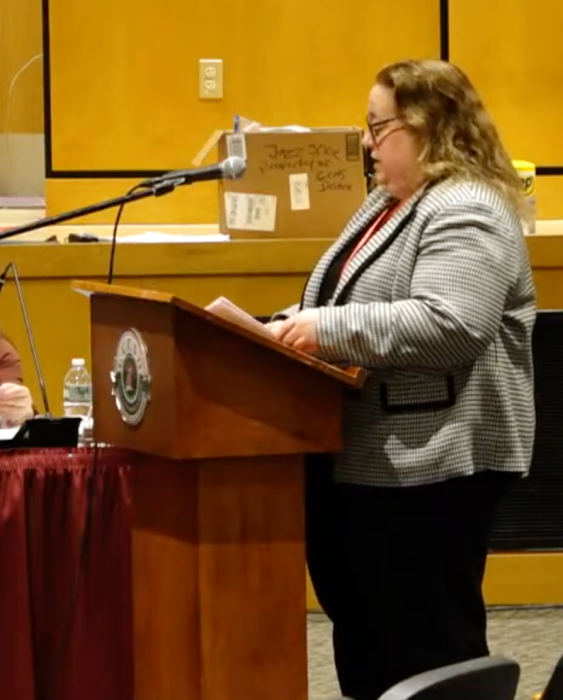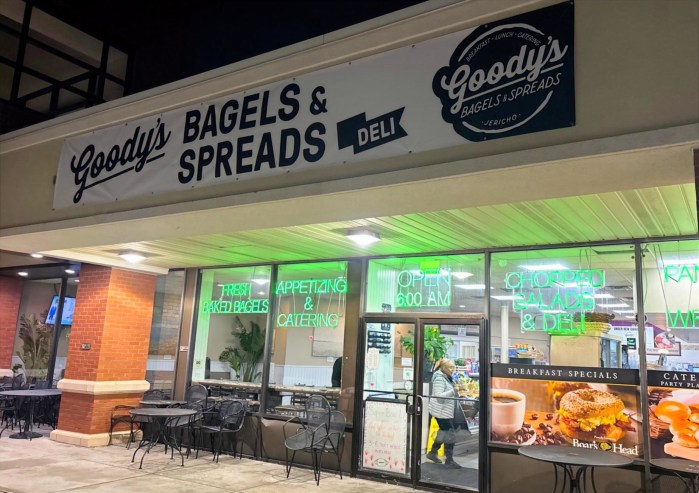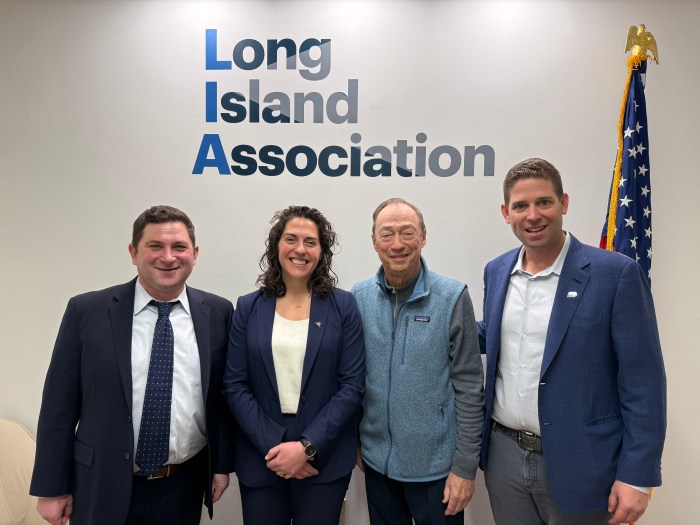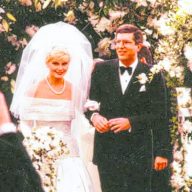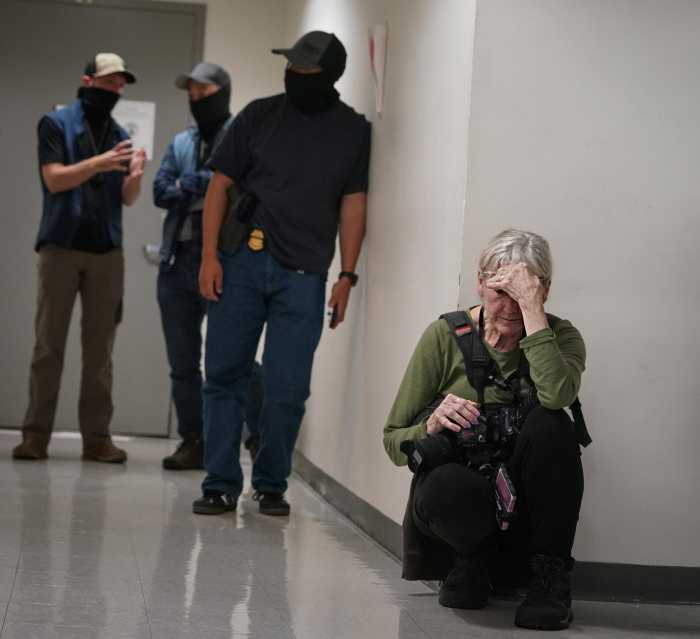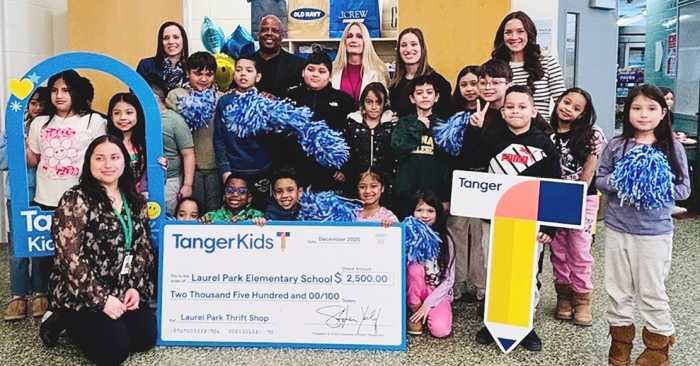In 2014, Paul Nick was hired to be CEO of a unique company on Long Island, Guaranteed Returns, and given a monumental task: Nick, then 54 and the company’s comptroller, was to pull the business out of a deep dive, after its owner, who was also its CEO and president, was accused by federal prosecutors of a $116 million scheme to siphon off funds through shell companies.
Nick had a solid background: he was a CPA who had worked for the prestigious Ernst & Young accounting firm and had spent 20 years with a major energy and utility company. But Nick’s efforts didn’t work, and the Holbrook-based company closed its doors, leaving 109 people out of work.
This is a tale of how greed took a company down.
Guaranteed Returns is in a unique business. It is a reverse pharmaceutical distributor, meaning it manages the return of expired or unused drugs for hospitals, nursing homes, the military and other businesses. Its work is overseen by the Office of Inspector General for the U.S. Department of Health and Human Services.
Guaranteed Returns business model ensures that manufacturers provide customers with cash credits they can use on their next order of medications. The company is supposed to help organizations navigate the complex policies that drug makers set up for buyers to obtain refunds on unused drugs.
Nick took over the top spot at the company, from Dean Volkes, who was 54 in 2014. Volkes had resigned after the prosecutors charged him and two colleagues, Donna Fallon, then 50 and the company’s vice president and chief financial officer, and Ronald Carlino, then 66, who worked the company’s computer systems, with fraudulent siphoning off through shell companies of refunds for unused drug returned to manufacturers.
Nick and his staff were able to keep Guaranteed Returns going for nine years, after Volkes was indicted. Volkes was convicted of his role in the drug scheme and ordered to pay $103 million. He and Fallon were handed five year prison sentences. Volkes was also ordered to pay $200 million in fines and restitution.
The victims included the Defense Supply Center in Philadelphia, which buys drugs for the military, the U.S. Department of Veterans Affairs, the District of Columbia Department of Health, the Federal Bureau of Prisons, and many pharmacies and health-care companies.
But the end came in early March, when Guaranteed Returns was added to a list called the List of Excluded Individuals/Entities. That prevents the company from receiving payment from federal health care programs for services it offers.
The State of New York issued a Worker Adjustment and Retraining Act notice, required for companies with at least 50 employees when there is a mass layoff or a closing. Some employees learned of the closing through the WARN notice. Soon after, Nick issued a statement that Guaranteed Returns would close by the end of March.
“It has been our honor and pleasure to serve the pharmaceutical return needs of an amazing industry comprised of highly-regarded individuals who have become our friends, supporters and cheerleaders,” Nick wrote to employees.
In a nod to the company’s troubles, Nick wrote that, “It has also been a privilege to lead the company and its dedicated employees in the herculean tasks of rebuilding the company since its indictment over nine years ago. It was no easy feat.”
Nick did not return phone calls. But a source close to the company said a court ruled that a new owner must be found, but one never was, and the task of keeping the company going proved insurmountable.
At the end, Nick wished his employees “all the best going forward.”





